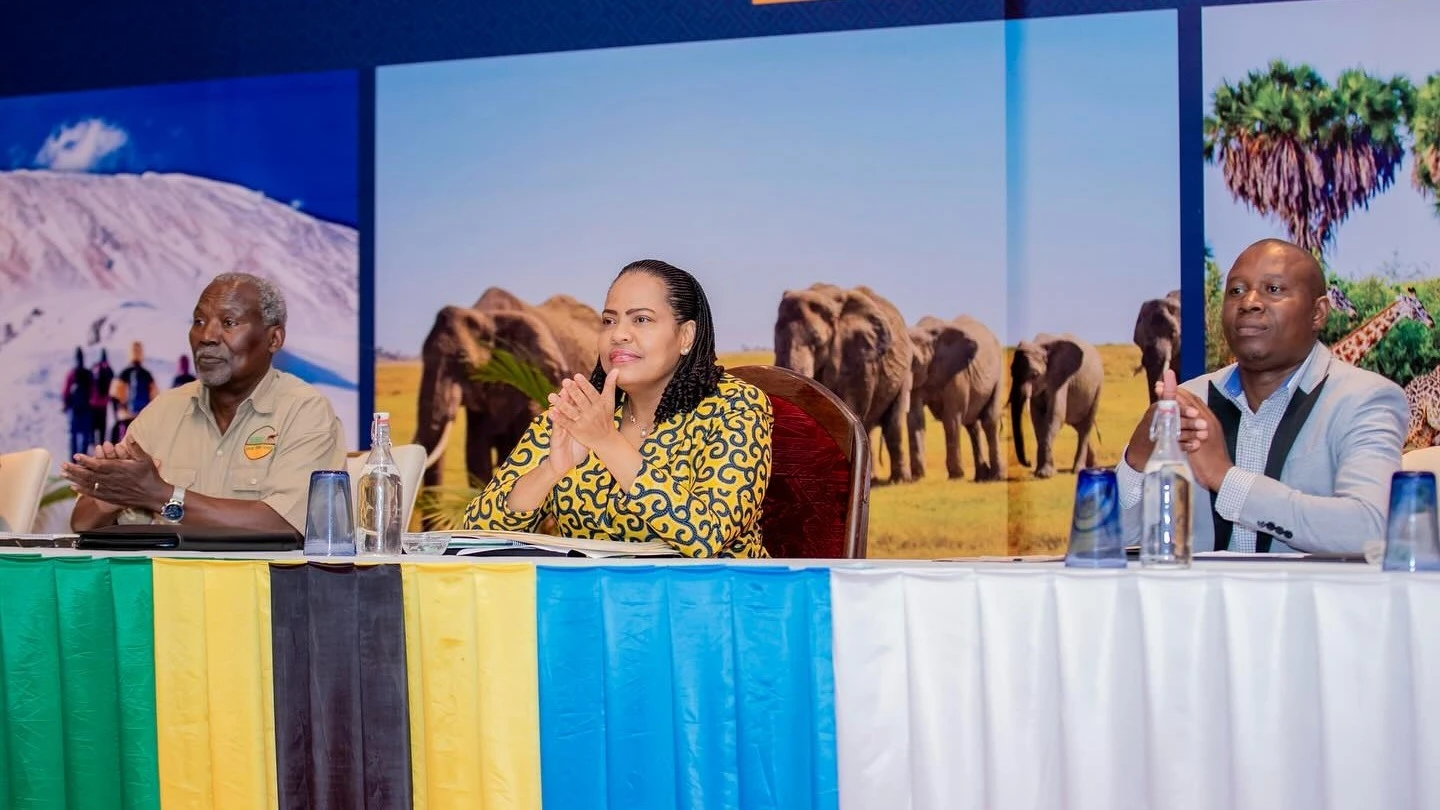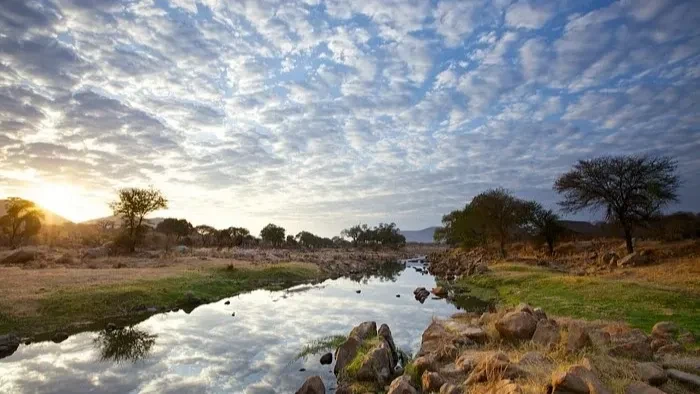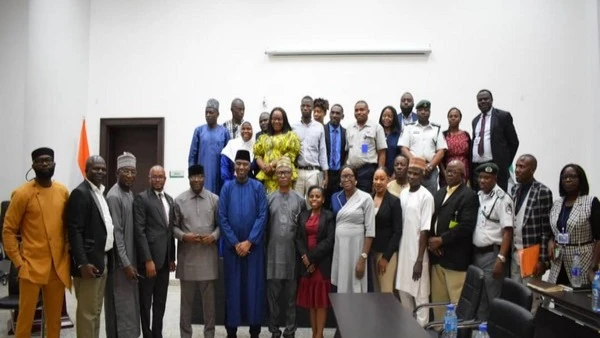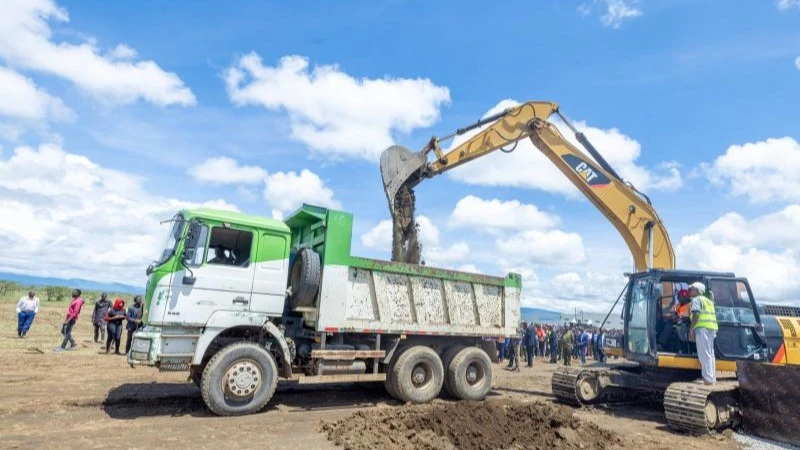Tourist arrivals up by 32 pc, minister Kairuki says

THE number of tourists has increased from 1.4 million in 2022 to 1.8 million in 2023 with the increase being attributed to the ‘Royal Tour Film’ featuring President Samia Suluhu Hassan in an effort to promote tourism in the country.
Similarly, the arrival of tourists in the country has reached 118 percent in 2023, which is an increase of 32 percent before the outbreak of Covid-19.
This was said yesterday in Arusha by the Minister of Natural Resources and Tourism Angellah Kairuki, during the event to announce the results of the wildlife census and to launch the information report of tourists who visited the country in 2023.
He said the tourism sector in the world was improving despite the Covid-19 challenge, which had significantly affected the tourism sector, in the last 4 years.
"In Tanzania, we have broken records due to the strengthening of the tourism sector. We have surpassed the world average by 24.3 percent,” she said.
Tourists from Europe and the United States, including African countries, have entered the country to visit tourist attractions.
He said that for the year 2023, tourists have increased from the United States by 16 percent, Italy by 8- percent, Canada by 7.6 -percent, England by 5.9 percent, France by 5.4 percent.
He said in terms of tourists from African countries, tourists have increased from the countries of Zambia, Kenya, Burundi, Uganda and the Democratic Republic of Congo (DRC).
He said that the country's revenue from the tourism sector has increased from $3.5 billion dollars to $3.4 billion with an increase of $1.5 billion.
Kairuki said the government is working on efforts to promote tourism to get more tourists from China, India, Saudi Arabia and Latin America.
Kairuki also launched an animal census report showing that elephants have increased in game reserves and zoos in the country.
Animal census has been conducted in 3 out of 11 ecological areas in the country from Nyerere-Selous, Mikumi, Saadan Wamimbiki and Serengeti.
Director of the Tanzania Wildlife Research Institute (TAWIRI) Dr Eblate Mjingo said in the study they found that poaching has dropped from 16 -percent to 0.8 percent.
He also said that research has also revealed that there are risk indicators that are challenging for wildlife habitats.
"Dangerous indicators are animal husbandry, cutting down trees, and construction of shelters in protected areas," he said.
Top Headlines
© 2024 IPPMEDIA.COM. ALL RIGHTS RESERVED



















